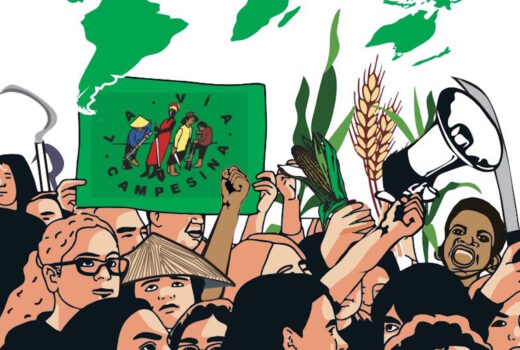‘Harmony with Nature’ dialogues at the United Nations
Report / 22nd November 2017Since 2009, a series of expert dialogues at the General Assembly of the United Nations has sought to define a new worldview based on a non-anthropocentric relationship with Nature. The resolutions contain different perspectives regarding the construction of a new paradigm in which the fundamental basis for right and wrong action concerning the environment is grounded not solely in human concerns.
Equity and the ambition ratchet
Report / 22nd November 2017Share The World’s Resources is one of many signatories to the latest Civil Society Equity Review, which proposes a policy framework for a fair sharing of efforts and resources to meet the global commitments on keeping greenhouse gas emissions within safe limits.
IMF should abandon "failed policies", says human rights reporteur
Report / 27th October 2017The International Monetary Fund (IMF) should change its priorities and finally let go of the outdated conditionalities of privatization, deregulation of markets, and “austerity” in social services, which in the past have engendered human rights violations, and instead make loans subject to a new set of conditions.
Struggles of La Vía Campesina for agrarian reform and the defense of life, land and territories
Report / 18th October 2017On ‘Food Sovereignty Day’ La Via Campesina launches publication that calls for a massive change in the current agro-food systems
Towards a universal basic income for all humanity
Report / 20th September 2017A truly universal and unconditional basic income is ultimately feasible within each nation, coordinated under the auspices of the United Nations. Yet this will initially depend on an unparalleled degree of public support for the cause of ending hunger and needless deprivation, based on a fairer sharing of the world’s resources.



